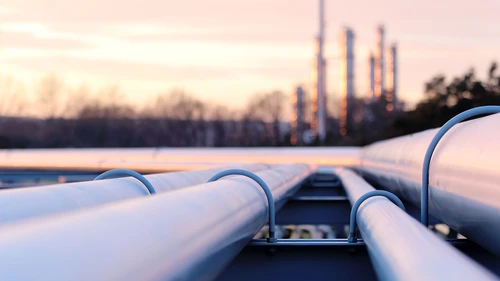The first question is perhaps the most basic: what do investors need to know about climate change?
"Our message to investors is this: climate change will likely affect long-term investment returns. While it’s not possible to say how big the impact will be, we’re confident that the link is there: temperature increases and measures taken to limit global heating will translate into lower returns on at least some assets, including stocks and bonds. This is something that investors should take into account in their long-term investment planning."
How does climate change affect investment returns?
"Put simply, climate change leads to conditions under which economies are less productive – and productivity growth is a key driver of economic growth, which drives the expected return on many financial assets."
So climate change = lower productivity = lower economic growth = lower investment returns?
"To some extent, yes. Consider increasing temperatures: in general, the labour force tends to become less productive in a warmer environment. Higher temperatures also increase the likelihood of extreme weather events, which disrupt production and infrastructure, lowering productivity. Then there’s the cost of mitigating actions – necessary actions to limit further temperature increases. Lowering carbon emissions will, to some degree, entail at least a temporary drop in productivity. In any given economy, lower productivity means less wealth being generated, which is sooner or later reflected in lower investment returns."
You say “to some extent”: are all regions equally affected?
"Our analysis suggests climate change will affect different countries and regions differently. For example, temperature increases will have a greater impact on productivity in countries with relatively high current mean temperatures (above 15°C); at the same time we know that temperatures are increasing faster in the Nordic region compared with the global average. We also foresee economies with high carbon-intensive production and/or significant fossil fuel reserves being more affected: the cost of transitioning to a low-carbon economy will be higher for these countries, and any fossil fuel reserves will fall in value as new, cleaner technologies are phased in.



